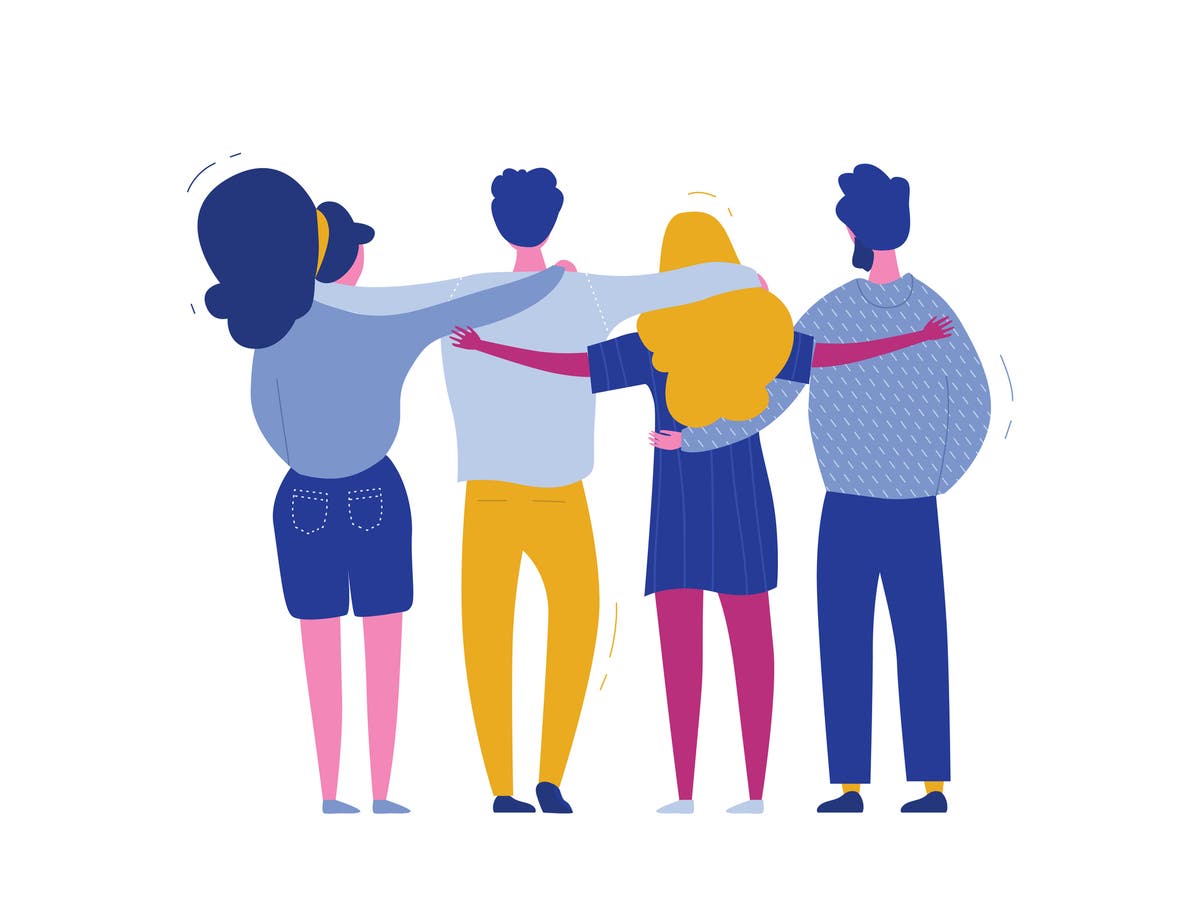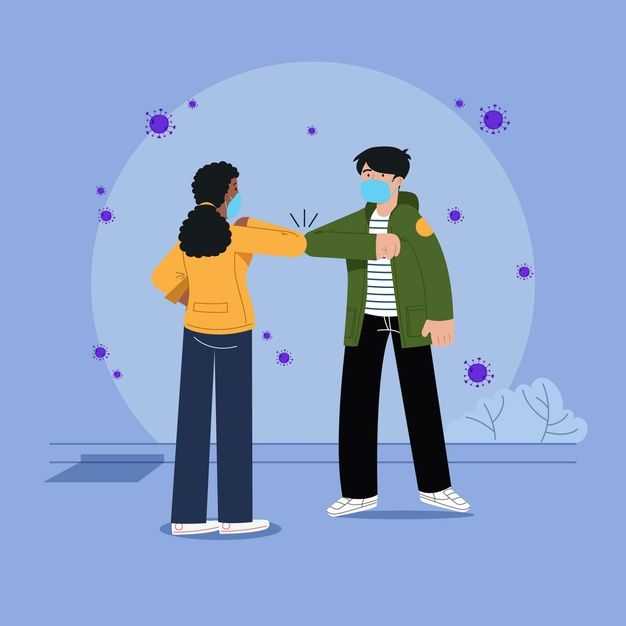Who could have predicted at the start of 2020 that we would lose physical contact because of the Covid-19 pandemic? Huge changes to our way of life have been made, and we have had to make big adjustments in our lives.
Perhaps the biggest adjustment has been social distancing and the inability to see our loved ones. Because of this there has been less contact, fewer hugs, almost no handshaking and a general lack of touch.
We wanted to explore how the loss of touch has affected us as a society and, closer to home, the impact on the events industry.
How has loss of touch impacted us as a society?
Due to isolating, working from home and being told to avoid as much outside contact as possible, there were so many lost workplace handshakes, the occasional high-five, depending on people’s living situations, physical affection has ranged from somewhat limited to eliminated.
The limited lack of touch or physical contact can, for many people, develop into ‘touch starvation’, also referred to as touch depression, affection deprivation, or skin hunger. It can be defined as the longing for touch or physical contact from other living beings.

Due to isolating, working from home and being told to avoid as much outside contact as possible, there were so many lost workplace handshakes and the occasional highfive

How can touch affect us physically and mentally?
Our skin is our largest organ, with each of us carrying around two square metres of it. From the moment we are born, we have skin-to-skin contact with our parents, often babies are placed on the chest of their mothers at birth and it’s crucial to aid our development.
Touch has a lot of positive benefits; it can lead to a decrease in blood pressure and heart rate and can reduce stress through lowering cortisol levels. Touch can also increase oxytocin levels, the commonly nicknamed love hormone, helping us to feel closer together, resulting in improved immune function, and even inspiring positive thinking and an optimistic outlook on the world.
Oxytocin also generates feelings of compassion during interactions which can contribute to an expansion of trust among individuals during social situations. Physical touch also increases levels of dopamine and serotonin, two neurotransmitters that help regulate our mood and relieve stress and anxiety.
Dopamine and serotonin are key in handling high pressure and stress – something which we have all experienced this year. Therefore, it is no surprise that the deprivation of these neurological chemicals due to the lack of physical contact has made these times harder, especially since we don’t have all our support systems in place.

Loss of touch and the events industry
With the events industry having moved completely online, we have attempted to remain engaged constantly, but we all know it’s not the same. Although virtual events have been a good placeholder, the pandemic has changed the way we engage with events, with networking coming less naturally, more difficulty in captivating audiences and not having the same sense of community and togetherness which comes with live events.
Due to the lack of touch and self-isolating that this past year has brought, both the needs and priorities for planners and delegates has shifted. Hybrid events are the next step to the return of live events as they help find a balance which serves our fundamental human need for connection while also accommodating the new reality we are facing. They give us the opportunity to attend events in person, be a part of a live audience, with the added flexibility of being able to ensure that you can be a part of the event from wherever you are and still received the valuable information.
Because we know that the networking options virtually are simply not the same in comparison to the real deal, hybrid events offer (although it might be socially distanced) a way to reconnect with friends, colleagues, and other industry professionals.

The pandemic has changed the way we engage with events, with networking coming less naturally and not having the same sense of community and togetherness which comes with live events

Loss of touch and the future
The “new normal” of social distancing has erased customary nonverbal gestures, such as shaking hands and social hugging. It’s becoming clear that things will never be exactly the way they were before the pandemic, but as humans we were made to adapt.
Will elbow bumps be the future handshake? Perhaps all our business meetings will start with an elbow bump, or we will shake hands and then immediately turn to the closest sink to engage in a group handwashing session?! Some people are suggesting that Namaste might catch on in Europe, or we will adopt a head nod.
Although it has now been more than a year living in these conditions there is hope in the air with the vaccine roll-out, warmer weather, and in-person events on the horizon. With events following guidelines and increased safety measures in accordance with the government there will be a degree of normalcy. The events industry will continue to remodel and adopt new concepts and innovations to keep everyone safe and together again.
If you would like to learn more about GATHER, our Covid-secure services, or need help short-term with a virtual event, why not get in touch to arrange a chat and we can explain how hybrid events can work for you?


